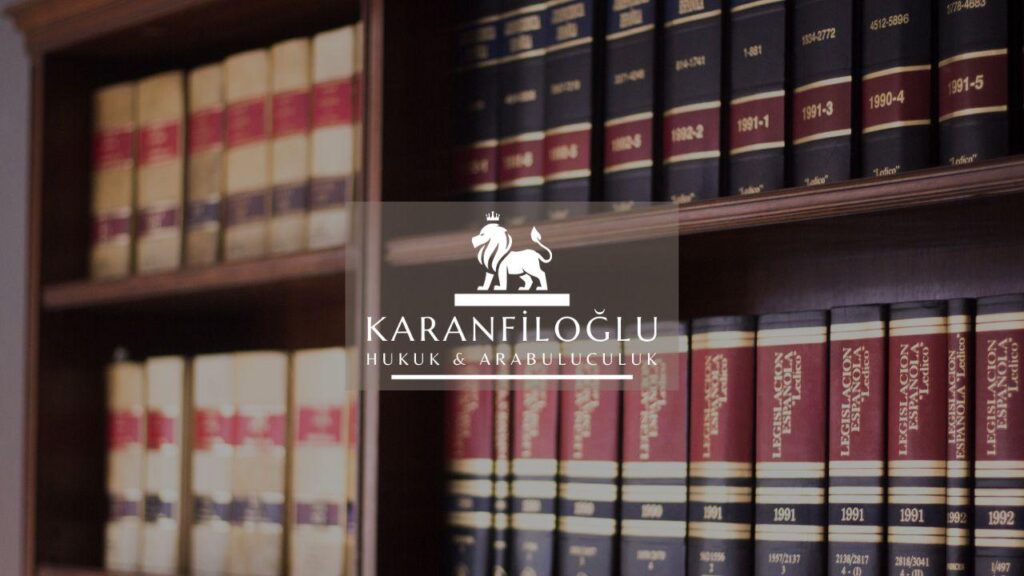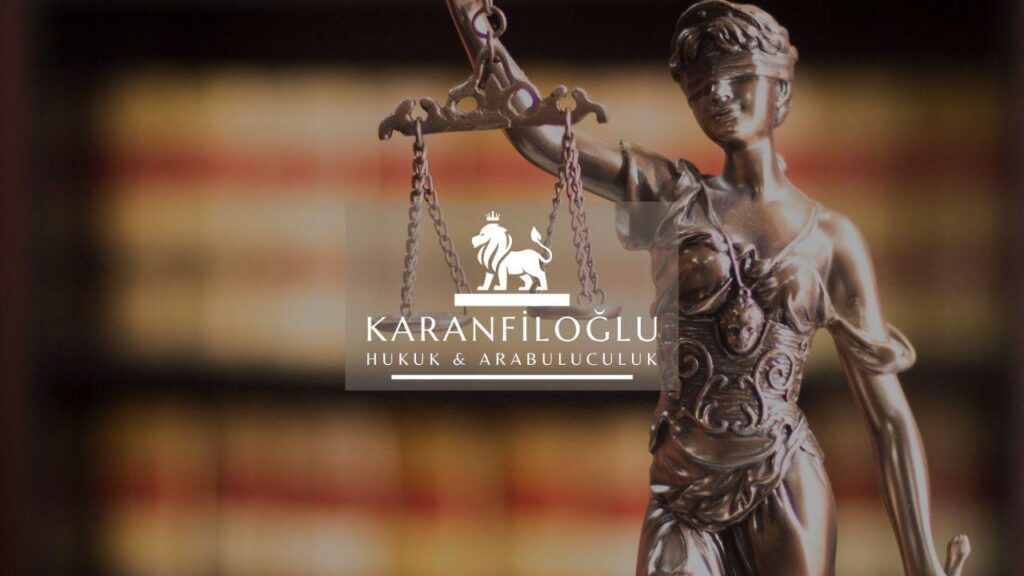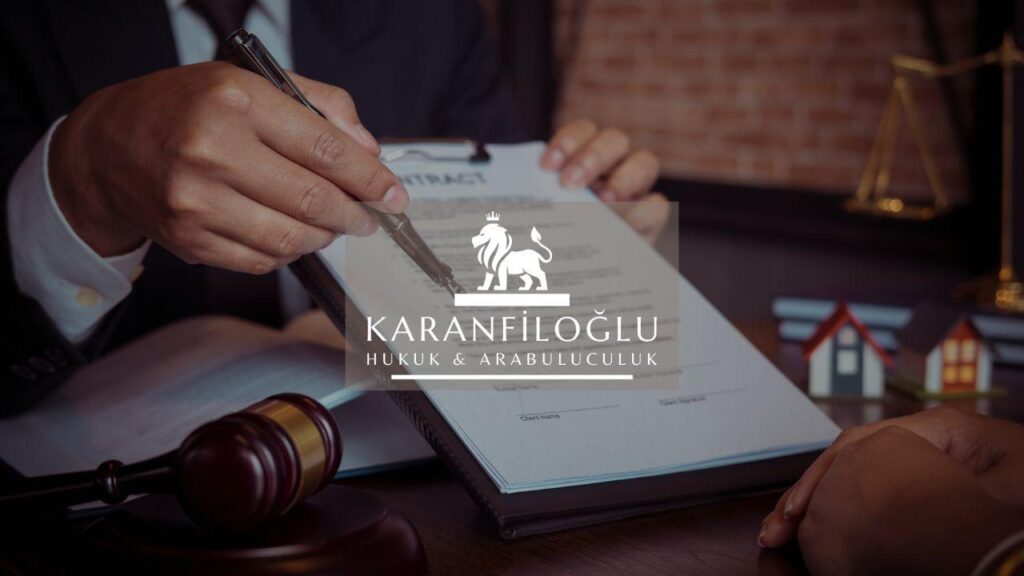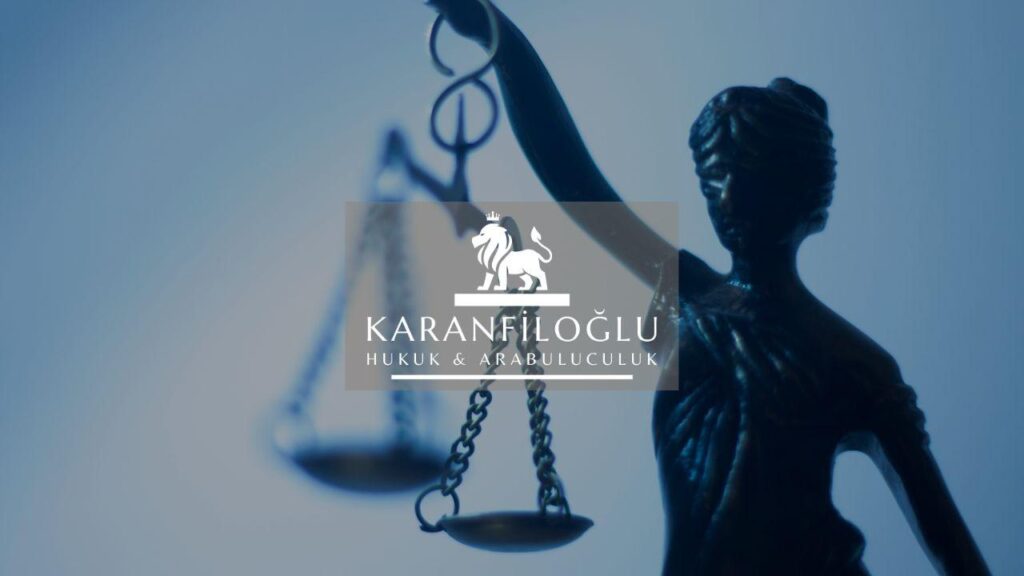Navigating the complexities of lease agreements in Turkey requires a keen understanding of both the legal framework and the practical intricacies involved to safeguard the interests of all parties involved. At Karanfiloglu Law Office, we recognize that a well-drafted lease agreement is not only a crucial tool for defining the rights and responsibilities of landlords and tenants but also a preventative measure against future disputes. The Turkish Code of Obligations, which governs lease agreements, strives to balance the needs of both parties, yet the subtleties of crafting a bespoke agreement necessitate professional guidance. From ensuring compliance with statutory requirements to addressing unique client circumstances, our experienced attorneys provide comprehensive legal support. Whether you are a landlord seeking to protect your property or a tenant aiming to secure favorable terms, our expertise in lease agreements will ensure your objectives are met with precision and legal soundness.
Understanding Lease Agreement Basics in Turkish Law
Lease agreements in Turkey are fundamentally governed by the Turkish Code of Obligations, which sets out the essential provisions that need to be included in any valid lease contract. This includes details such as the duration of the lease, rent amount, payment terms, and the rights and responsibilities of both the lessor and lessee. However, the legal landscape of lease agreements also includes specific nuances like the implicit expectations of property maintenance and the prescribed notice periods for termination. Importantly, lease agreements in Turkey must strictly adhere to these statutory requirements, as failure to comply can lead to unenforceable contracts or unintended legal consequences. As such, understanding these basics is crucial for both landlords and tenants to avoid potential conflicts and safeguard their interests effectively.
In crafting a lease agreement in Turkey, one must also consider the different types of leases recognized by law, such as residential, commercial, and agricultural leases, each with their own set of regulations and requirements. Residential leases, for instance, are subject to mandatory provisions aimed at protecting tenants, including limitations on rent increases and specific rules regarding eviction procedures. Commercial leases, on the other hand, can offer more flexibility and allow for greater negotiation between the parties, though they, too, are bound by certain regulations, particularly concerning renewal rights and lease termination. Understanding these distinctions is vital, especially when drafting an agreement that aligns with the intended use of the property and the expectations of both landlord and tenant. By addressing these varied elements within the lease, parties can minimize misunderstandings and fortify the contractual relationship, ensuring legal clarity and mutual satisfaction.
For landlords and tenants alike, seeking professional legal support when drafting or reviewing lease agreements can be invaluable. The legal expertise at Karanfiloglu Law Office ensures that all necessary provisions are meticulously adhered to, while also incorporating any specific clauses that may be beneficial in addressing unique circumstances or potential future scenarios. This comprehensive approach not only helps in crafting agreements that are tailored to the precise needs and expectations of the parties involved but also in mitigating risks of future legal disputes. With our guidance, both landlords and tenants can confidently navigate the often complex realm of Turkish lease agreements, knowing that their rights and obligations are clearly defined and protected. This foresight is instrumental in maintaining a smooth landlord-tenant relationship, characterized by mutual respect and understanding, ultimately fostering long-term cooperation and satisfaction.
Key Clauses to Include in Turkish Lease Agreements
In drafting Turkish lease agreements, incorporating essential clauses is paramount to ensure clarity and legal protection for both parties. Key clauses include specifying the duration of the lease, rental terms, and payment schedules, which outline the financial obligations and timelines necessary for both parties to adhere to the agreement’s terms. It’s vital to include clauses detailing the rights and responsibilities concerning maintenance and repairs to prevent any ambiguity that could lead to disputes. Additionally, provisions regarding the deposit amount, conditions for return, and the process for resolving conflicts, such as mediation or arbitration clauses, should be clearly articulated. At Karanfiloglu Law Office, we tailor these provisions to reflect the unique aspects of each lease, thereby safeguarding our clients’ interests effectively within the parameters of Turkish law.
One of the fundamental clauses that should be included in Turkish lease agreements pertains to the use of the premises. This clause should explicitly define permitted uses of the property, whether residential, commercial, or mixed, to prevent unauthorized activities that might breach local zoning laws or disrupt community standards. Moreover, tenant restrictions such as prohibitions on subletting or structural alterations without consent should be clearly outlined to maintain control over the property’s use and integrity. As lease agreement experts, Karanfiloglu Law Office also emphasizes the importance of drafting clauses related to lease renewal and termination, including the notice period required by law and any penalties for early termination. These provisions, meticulously crafted in line with the Turkish Code of Obligations, help both landlords and tenants avoid misunderstandings and protect their rights, ensuring a harmonious lease relationship.
Another critical element in Turkish lease agreements is the inclusion of an insurance clause. This clause is crucial for delineating the responsibility of obtaining and maintaining insurance to cover potential damages or liabilities. Commonly, landlords require tenants to secure renter’s insurance, which covers damage to the tenant’s personal property and certain liabilities, while landlords typically maintain property insurance to protect the physical structure. The agreement should specify the types and minimum amounts of coverage required, ensuring that both parties have a clear understanding of their obligations in the event of unforeseen circumstances. At Karanfiloglu Law Office, we advise on the integration of insurance clauses that not only comply with legal mandates but also cater to the specific risks associated with the property and its intended use. This attention to detail safeguards our clients against potential financial and legal setbacks, allowing them to manage rental relationships with greater confidence and security.
Legal Pitfalls to Avoid When Drafting Lease Contracts in Turkey
When drafting lease contracts in Turkey, both landlords and tenants should be acutely aware of potential legal pitfalls that could lead to unfavorable consequences or disputes. One such pitfall lies in failing to adequately define and document the scope and condition of the leased property. This includes accurately describing the premises, specifying maintenance responsibilities, and conducting a detailed inspection report that is signed by both parties before the lease begins. Additionally, overlooking statutory compliance, such as failing to incorporate mandatory terms stipulated by the Turkish Code of Obligations, can render certain provisions void and unenforceable. To mitigate these risks, it is crucial to ensure that the lease contract is comprehensive, transparent, and compliant with relevant legal requirements. Karanfiloglu Law Office is adept at identifying these and other legal pitfalls, employing rigorous scrutiny and attention to detail to safeguard our clients’ interests in every lease agreement we draft.
Another significant legal pitfall is the lack of clear terms regarding rent adjustments throughout the lease duration. According to Turkish law, rent can be adjusted annually based on the consumer price index, but this adjustment must be explicitly outlined in the lease agreement to avoid potential conflicts. Without clear clauses on how and when rent adjustments are implemented, disputes may arise, leading to legal uncertainties and possible financial losses. Furthermore, including a solid dispute resolution mechanism within the lease agreement is essential. This can involve specifying procedures for mediation or arbitration, which can provide a more amicable and efficient resolution path than court proceedings. By drafting precise rent adjustment terms and dispute resolution clauses, Karanfiloglu Law Office ensures that our clients are fully protected and prepared for any eventualities, thus providing them with a robust framework to manage and mitigate potential disagreements.
Moreover, another often-overlooked element in lease agreements is the terms regarding the termination and renewal of the contract. In Turkey, while tenants generally have the right to renew their lease, the contract must explicitly state the conditions under which renewal can occur and specify termination notice periods to prevent misunderstandings and possible legal claims. It’s crucial to address potential scenarios such as the landlord’s need to repossess the property or structural changes that necessitate terminating or amending the lease. Failing to clearly articulate these provisions can lead to protracted disputes or eviction complications. Additionally, any penalties associated with premature termination should be fair and within the bounds of Turkish law to ensure enforceability. By meticulously drafting these terms, Karanfiloglu Law Office helps our clients navigate the nuanced landscape of lease termination and renewal, thereby providing clarity and legal assurance throughout the lease term.
Disclaimer: This article is for general informational purposes only and you are strongly advised to consult a legal professional to evaluate your personal situation. No liability is accepted that may arise from the use of the information in this article.







